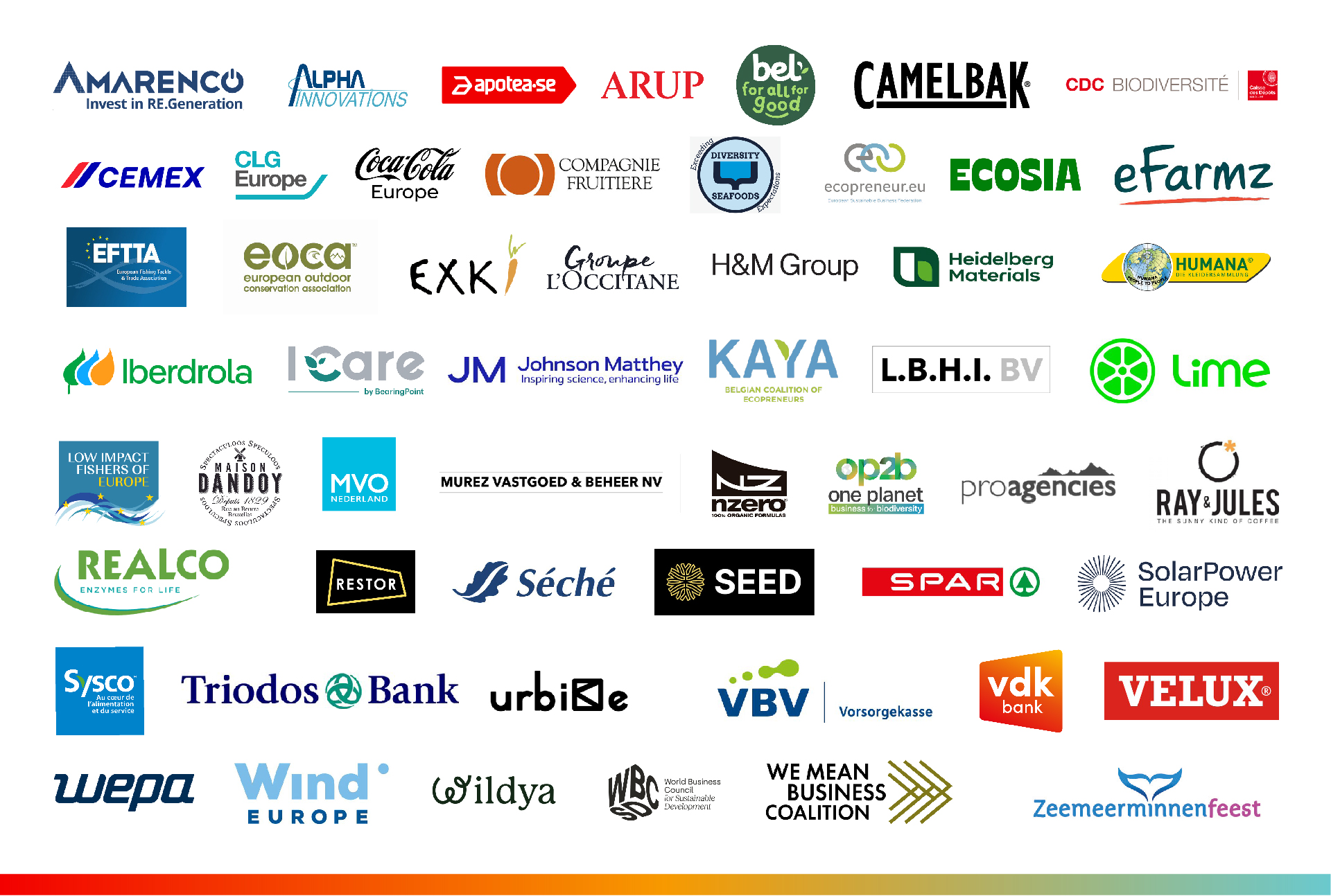
Nature is our business, our future, our life
29-05-2024
Coca‑Cola Europe reaffirms its support for an ambitious EU Nature Restoration Law
There has been an alarming loss of natural habitats. Together with climate change, this puts human livelihoods and the foundations for our economic activities at risk. To bend the curve of biodiversity decline, protecting remaining natural places will not be sufficient – we need to invest in large-scale restoration as well (1).
For that reason, the European Commission has presented a proposal for a regulation on nature restoration, which is currently awaiting to be approved by the Council. Large-scale restoration of habitats, their species and the multiple ecosystem services from which we all benefit, will ultimately help tackle the climate crisis, ensure our long-term food and water security, as well as protect and create new employment opportunities. It will help us sustain jobs, the foundations of economic activities and the sectors that rely on healthy ecosystems.
More than 50% of the global economy or global GDP depends on nature. We, businesses, need the natural resources and ecosystem services that are now under threat from biodiversity loss and climate change. Failure to act will lead to costly disruptions across supply chains, lower productivity and higher operational costs. Nature restoration can ensure long-term sustainability for businesses and conserve the resources on which many of our economic activities depend. In addition, the European Commission’s impact assessment for its proposed EU Nature Restoration Law found that for every €1 invested in nature restoration, €8 to €38 is gained thanks to climate change mitigation, prevention and reduction of natural disasters, improved water quality, cleaner air, healthier soils and boosting people’s overall wellbeing.
Healthier soils, reliable water retention, abundant fish populations and an array of pollinator species are essential to both food production and human well-being (2).
In our seas, restored areas have seen fish species on the brink of collapse come back in such bountiful numbers that seafood catches increased in nearby waters, creating additional jobs and revenue in EU blue economy sectors (3). For inland waters, restored free-flowing rivers help regulate the temperature of the land and sea, transport nutrients and minerals, and keep nature and people healthy and safe by dissolving pollutants and ensuring sediment transport.
The EU Nature Restoration law is a generation’s opportunity to take concrete and effective action to reverse the biodiversity and climate crises. By restoring EU land and sea areas at large scale, we can guarantee the long-term sustainability and viability of our society and economy.
We, the undersigned Belgian and European businesses and business associations, support the validation of the Natural Restoration law (4).

(1) See CBD COP 15 final text of Kumming Montreal Global Biodiversity Framework (target 2): https://www.cbd.int/article/cop15-final-text-kunming-montreal-gbf-221222
(2) COMMISSION STAFF WORKING DOCUMENT EXECUTIVE SUMMARY OF THE IMPACT ASSESSMENT REPORT Accompanying the proposal for a Regulation of the European Parliament and of the Council on nature restoration {COM(2022) 304 final} - {SwEC(2022) 256 final} - {SWD(2022) 167 final}
(3) EEA, 2016, Seafood in Europe, A food system approach for sustainability https://www.eea.europa.eu/publications/seafood-in-europe-a-food/file
(4) Council of the EU, Press Release, June 2024: Nature restoration law: Council gives final green light - Consilium (europa.eu)